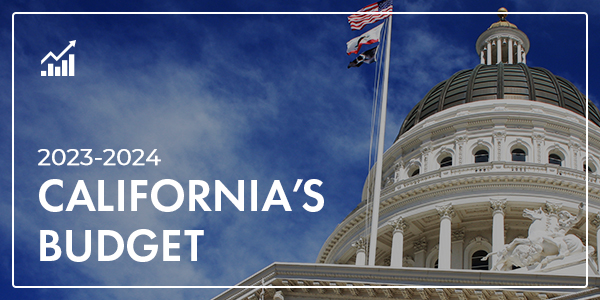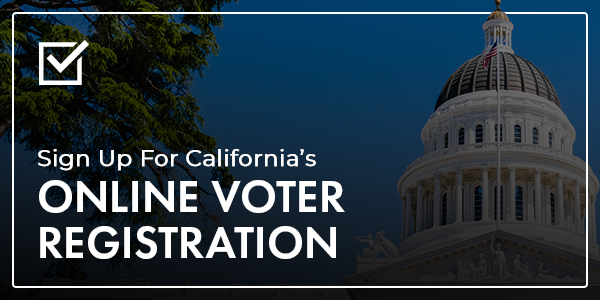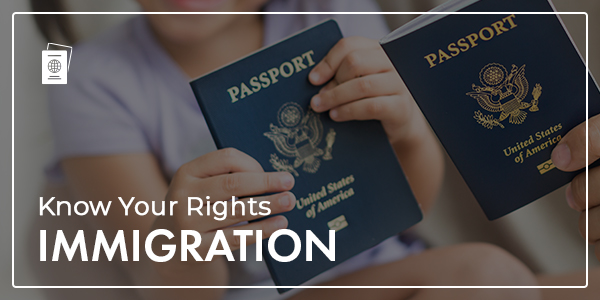Portantino Bill Requiring Robust Study of Microplastics in Drinking Water Passes Assembly Committee
For Immediate Release: June 26, 2024
Contact: Lerna Shirinian, (818) 409-0400
Portantino Bill Requiring Robust Study of Microplastics in Drinking Water Passes Assembly Committee
Sacramento, CA – SB 1147, authored by Senator Anthony J. Portantino (D – Burbank), passed the Assembly Environmental Safety and Toxic Materials Committee. The bill requires the study of the health impacts of microplastics in drinking water.
“With increased reports and interest on the health risks of microplastics, it is past time we formally study its impacts,” stated Senator Portantino. “SB 1147 calls for the identification of a level of microplastics in drinking water that do or don’t pose risks to our health and then initiates a strategy to make drinking water safer for consumption. Additionally, the bill applies to bottled water. This will ensure that tap and bottled water are treated consistently for public health issues.”
In 2018, there was an average of 325 pieces of microplastics identified in a liter of bottled water. Currently, California’s water bottling facilities do not test for microplastics, nor do they have a method to test for microplastics.
SB 1147 requires the Office of Environmental Health Hazard Assessment (OEHHA) to prioritize the study of the health impacts of microplastics in drinking water, including bottled water, and compile the findings into a report and publish online. The report will indicate if there is in fact a health concern, or, it will outline the missing gaps in data that need to be further researched.
The State Water Resources Control Board (SWRCB) may request OEHHA prepare and publish a public health goal and drinking water standard for microplastics in tap water. In the event that the SWRCB does adopt a PHG/water standard for microplastics in tap water, the Department of Public Health must consider adopting an equivalent standard for bottled water is necessary or appropriate for ensuring that bottled water presents no adverse effect on public health.
“It is safe to say microplastics are ubiquitous, but it cannot be conclusively stated that their presence is safe,” stated Andy Hattala, Policy Co-Lead for the Climate Reality Project’s California Coalition. “They have been detected in bodies of water, humans, and animals throughout the world. The rate continues to increase as the production, usage, and consumption of plastic packaging, containers, and other products have increased since first detected. Given this increase, studying, reporting, and regulating the presence of microplastics, particularly in water, is imperative. This bill would further the necessary research to establish current levels of plastic contamination, if any amount of microplastics is safe, and inform our efforts to safely use plastic which shed microplastics.”
Senator Portantino has a history of authoring environmentally friendly water bills. In 2018, he authored SB 1422, the California Safe Drinking Water Act. The bill required the State Water Resources Control Board (SWRCB) to adopt requirements for testing and reporting for four years and to adopt a definition of microplastics in drinking water. The same year, the Governor also signed Senator Portantino’s SB 1263, requiring the California Ocean Protection Council (OPC) to adopt a statewide research strategy and identify early actions to reduce microplastic pollution in California’s marine environment.
SB 230 was also authored by Senator Portantino in 2022 to improve consumer protection by requiring the State Water Board to gather information to understand the public health risk of contaminants in drinking water. It required the State Water Board to build upon its existing work on Constituents of Emerging Concern (CECs) and improve its knowledge of CECs in drinking water by assessing the state of information. The bill authorized the State Water Board to establish a program to ensure a unified, consistent, and science-based approach for assessing the public health and drinking water consequences of CECs, while identifying which CECs warrant further action.
SB 1147 is supported by California Environmental Voters, Californians Against Waste, A Voice For Choice Advocacy, California Nurses for Environmental Health & Justice, Union of Concerned Scientists, CleanEarth4Kids.org, and the California State Coalition of the Climate Reality Project.
###





